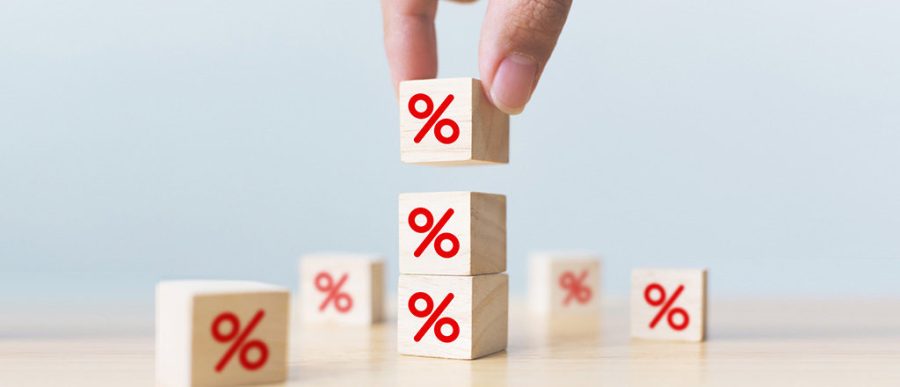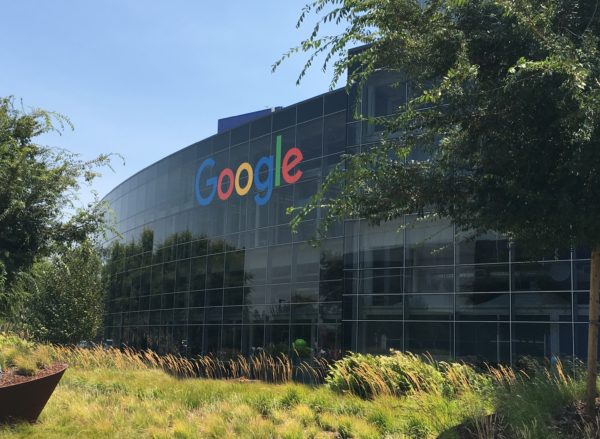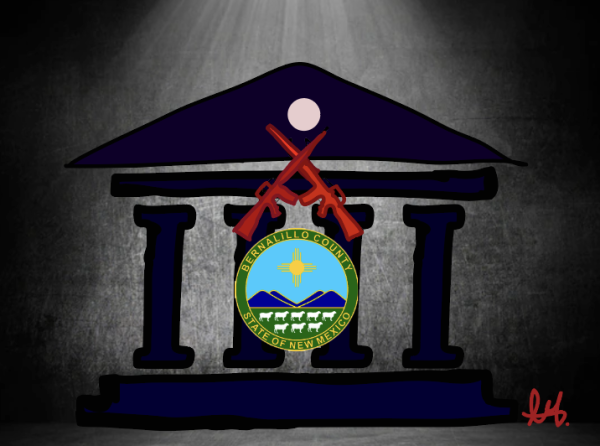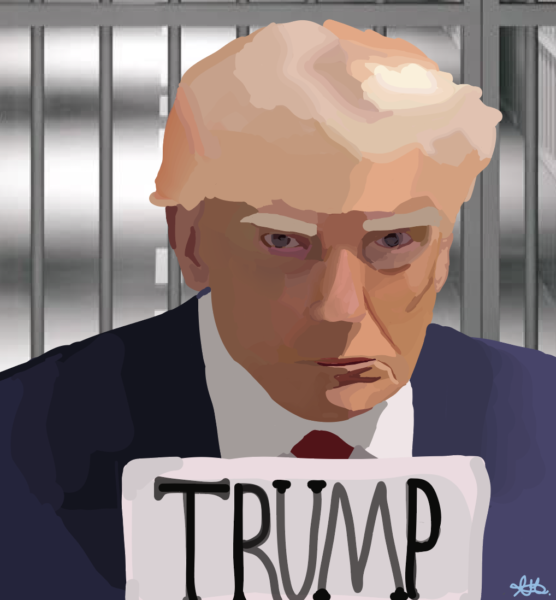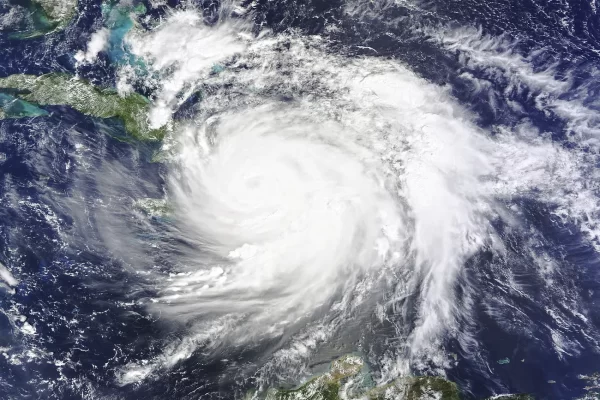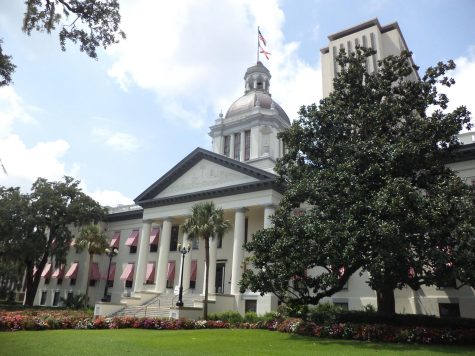What is Inflation?
Over the last year, inflation has soared worldwide as a result of the tumult created by the economic disruptions of the COVID-19 pandemic. In the United States, this has led to increased prices on items ranging from gasoline to groceries and calls for the government to do more to help reduce those prices. Many of those calls have been heeded by the White House, though much of the power to reduce inflation does not actually lie with the executive branch, but between actions taken by Congress and the federal reserve.
Most economists agree that inflation has been caused by increased consumer spending, due to increasing salaries and the resulting wealth of consumers, which has subsequently led to increasing prices. This, combined with the pandemic’s havoc on supply chains, has meant that extreme consumer demand for products often low on supply have hiked to highs unseen for years before and has left different portions of the government scrambling to act quickly before it becomes a larger financial catastrophe. The White House has spearheaded these government efforts, headed by President Joe Biden’s competition council, which has aimed to increase the amount of small and medium-sized businesses participating in the economy in an effort to weaken the price-gouging of large corporations. This has been particularly applied to industries like meat processing, which affects many families’ dinner tables directly. The President has also issued orders to ease the logjam in the nation’s busiest ports, Los Angeles and Long Beach, and has ordered the release of scores of gasoline barrels from the Strategic Petroleum Reserve in an effort to reduce gas prices. Other than these efforts, however, the White House has found itself limited due to a crucial fact: most of the power to help reduce inflation lies in other institutions.
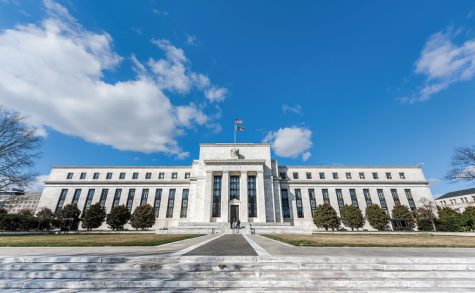
The Federal Reserve, which has the largest control over inflationary prices, has shifted its perception of the inflation situation in recent days to one of greater concern. This has led the agency to seriously consider raising interest rates, which would essentially make it harder for people to spend, hence lowering prices. While this does have the potential to slow down the economy in certain aspects, supporters of the shift, including Obama-era economist Larry Summers, say that such a move would be necessary to tamp down price hikes. The announcement of such a decision is expected to come by mid-March, according to sources within the agency.
Congress may also have a role to play in the battle to lower inflation, particularly relating to the passage of a bill aimed to boost American manufacturing and increase competition with nations like China. The bill, known as the COMPETES act, invests in American manufacturing of semiconductors, especially those which play a key part in the car industry, which has been one of the main pieces of the global price hikes over the last year. The bill has picked up steam in recent days as major pieces of legislation, like the Build Back Better Act, are stuck in the negotiations phase, creating an opening for other legislation to pass. In Pittsburgh last Friday, the President and his Commerce Secretary, Gina Raimondo, made explicit requests that the bill be passed as soon as possible to assure that inflation and price increases are able to start declining. Last week, House Majority Leader Steny Hoyer, a Democrat from Maryland, backed up those arguments, and House Speaker Nancy Pelosi announced that it will be one of the House’s top priorities in the coming days and weeks.
What happens with inflation will be crucial, as continued price hikes could play large parts in voters’ decisions later this year in the midterm elections, which will decide the fate of who controls Congress until 2025.

Abhishek is a deeply engaged member of the Albuquerque Academy community, part of several government and politics-focused clubs and activities. For the...


